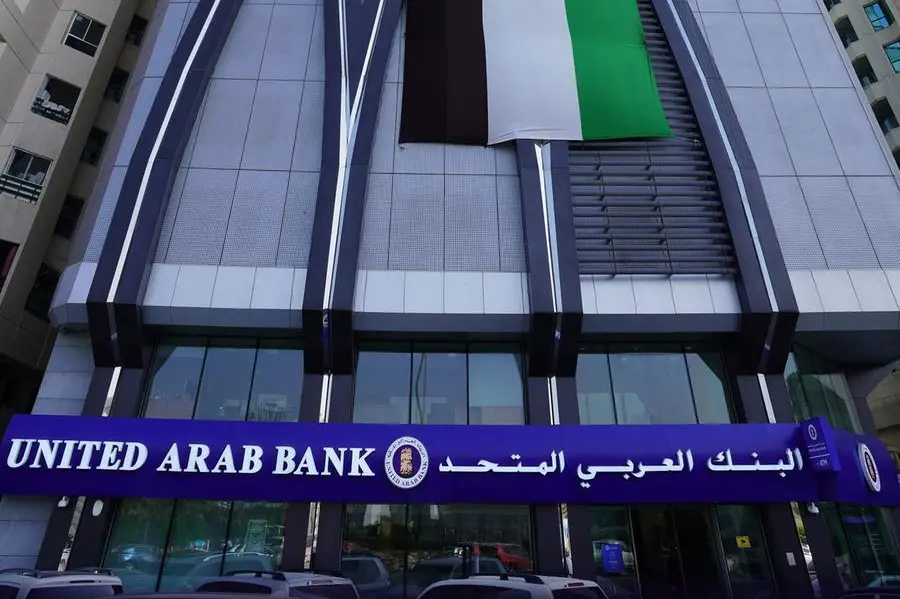Saudi Cabinet Celebrates Economic Milestones Amidst Non-Oil Sector Growth
During a recent cabinet meeting in Jeddah, led by King Salman, Saudi officials praised the nation’s economic achievements, especially noting that non-oil sectors comprised 50% of Saudi Arabia’s GDP in 2023.
This landmark progress signifies a crucial step in the country’s path toward economic diversification, perfectly in synchronise with Vision 2030‘s goals to foster a prosperous economy by diversifying its growth avenues.
The Ministry of Economy and Planning disclosed that non-oil sectors contributed to 50 percent of the GDP, reaching an unprecedented peak. Over the last two years, non-governmental investments witnessed a remarkable surge, with a 57 percent growth rate, increasing their worth in 2023 to an all-time high of $255 billion.
Sectors such as arts and entertainment led this surge, with their value more than doubling between 2021 and 2022. Furthermore, sectors including accommodation, food services, transport, and storage also saw notable growth, with rates of 77 percent and 29 percent, respectively.
Cabinet’s Acknowledgment of Global and Local Contributions
On another note, the Cabinet praised the UN General Assembly’s recent endorsement of a resolution to combat Islamophobia, as well as the selection of a special UN envoy for this purpose.
Saudi Ministers reassured the Kingdom’s dedication to international initiatives aimed at opposing extremist beliefs, fostering peace and dialogue, and advocating for a global culture of mutual respect and coexistence.
Additionally, the ministers expressed their acceptance of the results coming from the international conference organized by the Muslim World League in Makkah, known as “Building Bridges Between Islamic Sects.”
Nationally, the cabinet commended the widespread involvement in Saudi Arabia’s fourth annual national charity campaign, which impressively gathered over a billion riyals during its inaugural night, thanks in part to significant donations from King Salman and Crown Prince Mohammed bin Salman.
Wrapping up the meeting, the ministers acknowledged the establishment of a new regional International Monetary Fund office in Riyadh and designated March 27 as the official day for the Saudi Green Initiative. This move signifies further progress towards the Kingdom’s goals for sustainable development.
Chris Dixon, a partner who led the charge, says he has a ‘very long-term horizon’
Americans now think they need at least $1.25 million for retirement, a 20% increase from a year ago, according to a survey by Northwestern Mutual
Saudi Arabia ranked first among countries for the non-oil exports of national origin with BD201 million (22%)
Bahrain’s non-oil exports of national origin decreased by 6% to BD894 million ($2.37 billion) in Q2 2024 compared to the same period in 2023. The top 10 countries accounted for 64% of the total export value.
According to the Information & eGovernment Authority (iGA) in its Q2 2024 Foreign Trade report, Saudi Arabia was the leading destination for these exports, totaling BD201 million (22%). The US followed with BD75 million (8.4%), and the UAE with BD73 million (8.2%).
Unwrought aluminum alloys were the top exported product in Q2 2024, amounting to BD267 million (30%), followed by agglomerated iron ores and concentrates alloyed at BD159 million (18%) and non-alloyed aluminum wire at BD49 million (5%).
Non-oil re-exports
Non-oil re-exports increased by 4% to reach BD206 million during Q2 2024, compared to BD198 million for same quarter in 2023. The top 10 countries accounted for 86% of the re-exported value. The UAE ranked first with BD58 million (28%) followed by Saudi Arabia with BD39 million (19%) and UK with BD17 million (8%).
As per the report, turbo-jets worth BD65 million (32%) were the top product re-exported from Bahrain, followed by private cars with BD11 million (5%) and four-wheel drive with BD9 million (4%).
The value of non-oil imports has decreased by 4% reaching to BD1.41 billion in Q2 2024 in comparison with BD1.47 billion for same quarter in 2023. The top 10 countries for imports recorded 68% of the total value of imports.

China Bahrain’s biggest importer
China ranked first for imports to Bahrain, with a total of BD191 million (14%), followed by Brazil with BD157 million (11%) and Australia with BD112 million (8%).
Non-agglomerated iron ores and concentrates were the top product imported to Bahrain worth BD200 million (14%), followed by other aluminum oxide with BD101 million (7%) and parts for aircraft engines with BD41 million (3%).
As for the trade balance, which represents the difference between exports and imports, the deficit logged was BD310 million in Q2 2024 compared to BD322 million in Q2 2023.
Chris Dixon, a partner who led the charge, says he has a ‘very long-term horizon’
Americans now think they need at least $1.25 million for retirement, a 20% increase from a year ago, according to a survey by Northwestern Mutual

















